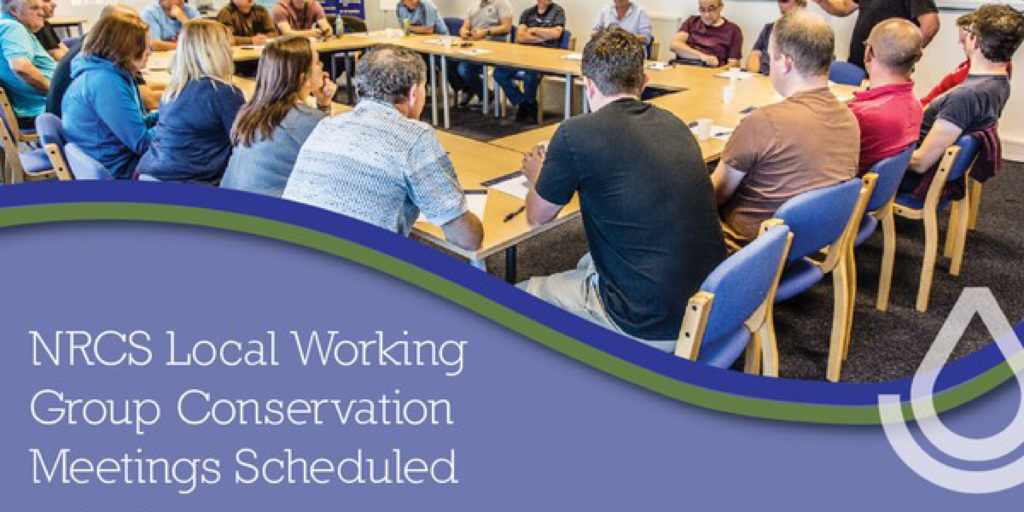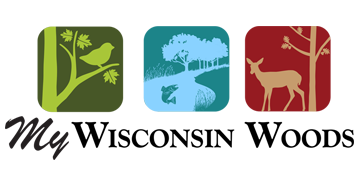
The Power of Your Voice at a Local Working Group (LWG)
It’s your part of the massive Farm Bill. The federal Natural Resources Conservation Service (NRCS) recognizes that “top-down” funding gets better with “bottom-up” input through the Local Working Group (LWG), that with this input comes more and better outcomes for people and land.
“Local Working Groups offer an opportunity for interested individuals and groups to advise NRCS on how best to set priorities and locally implement conservation programs,” said Angela Biggs, Wisconsin State Conservationist. “Members are diverse, with an interest and focus on local agriculture and various natural resource issues,” added Biggs.
Think of it as communicating with a contractor remodeling your kitchen. You provide the vision, priorities, and concerns – they try to make your vision a reality. Alternatively, no communication usually means untapped opportunity and unrealized potential.
What to expect at a LWG meeting
COVID-19 UPDATE: The U.S. Department of Agriculture (USDA) Natural Resources Conservation Service (NRCS) in Wisconsin has announced this year, they will be holding one statewide virtual Local Working Group (LWG) meeting with a feedback survey to follow. The virtual meeting will be held August 5, 2020, at 10:00 a.m.‒12:00 p.m. Participants will be able to call into a teleconference line or join audio and video though an internet browser using a Microsoft Teams meeting link. Input gathered will help set priorities for USDA conservation programs under the 2018 Farm Bill. Click here for more information on how to join.
Welcome and Intro: Those attending will be natural resource professionals (great contacts for you!) and interested private landowners (maybe 15-25 people total in attendance per location). Brief introduction of the Natural Resources Conservation Service, EQIP (Environmental Quality Incentives Program), purpose of LWG and agenda.
Discussion and Decisions: Conservation projects through EQIP are ranked by a series of questions. A meeting facilitator will help the group discuss project ranking questions. This is important because it determines the conservation projects and practices likely to happen in your area.
There will also be a facilitated discussion to allocate the amount of funding available in your area for the four land uses of cropland, farmstead, pastureland, and forestland. Historically, forestland receives a smaller allocation than the other land uses. But maybe that begins to change with you in the room.
Consider attending – your ideas can shape the beauty and productivity of natural resources in your area.
